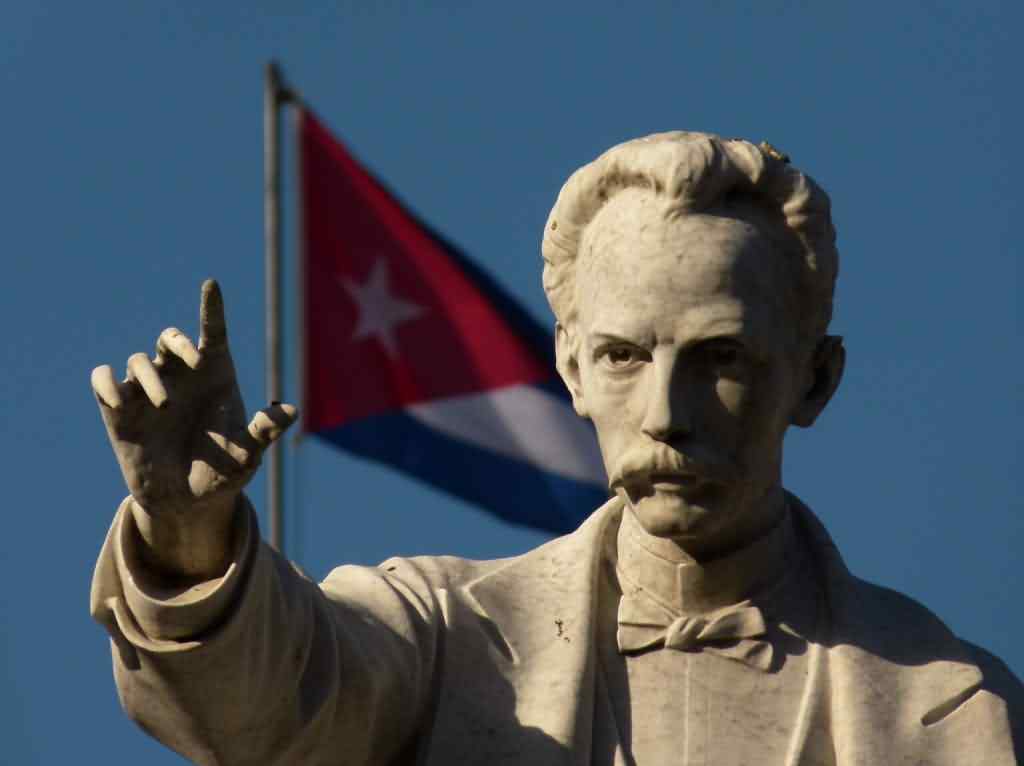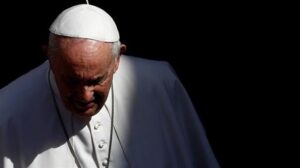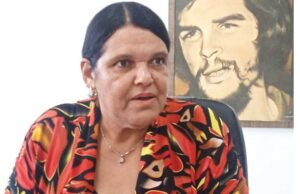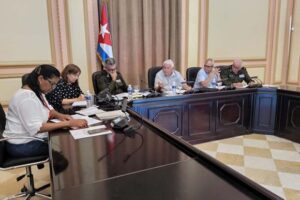Cuba pays tribute today to National Hero José Martí on the 130th anniversary of his death in combat during the island’s struggle for independence from Spanish colonial rule.
Called the Apostle, Martí was a distinguished thinker, renowned for his work as a journalist and poet, a legacy that is reflected in texts such as La Edad de oro (1878-1882), Versos sencillos (1891) and Nuestra América (1891).
He was the founder of the Cuban Revolutionary Party and organiser of the Cuban War of Independence, an offensive against Spanish rule in which the master died in combat on Sunday 19 May 1895 in Dos Ríos.
Also known as «the most universal of Cubans», Martí lost his life when he was hit by a volley of enemy rifles in his first confrontation, from which he received several hits.
Despite the recommendation of the General-in-Chief of the Liberation Army, Máximo Gómez, that he remain in the rearguard, Martí marched to the front accompanied by his assistant, because his ethics and sense of duty did not allow him to lag behind those he had called to combat.
Martí’s body was recognised and collected by the enemy, who retreated under constant attacks by Cubans determined to recover it, and was buried in the nearby village of Remanganaguas.
The mortal remains were finally buried in the necropolis of Santa Ifigenia, in Santiago de Cuba, in the east.
In a letter written by the Apostle of Cuban independence to his Mexican friend Manuel Mercado, a day before his fall in combat, he said:
«I am already every day in danger of giving my life for my country and for my duty (…) to prevent in time, with the independence of Cuba, the United States from spreading through the West Indies and falling, with that force more, on our lands of America».
In the letter, which was cut short by the arrival of General Bartolomé Masó and his troops at the camp, Martí stated that «what I have done until today, and will do, is for that reason», in reference to his concern about the danger that Washington represented for the region.
The letter has been considered by scholars of the National Hero as his political testament, and it is evidence of his marked anti-imperialist character and his opposition to annexationist currents.
José Martí remains, more than a century after his death, a central figure in Cuba’s collective historical memory and an intellectual reference for humanity.
These days, various initiatives are being organised in Cuba and in other countries around the world to commemorate the life and work of the Apostle.




